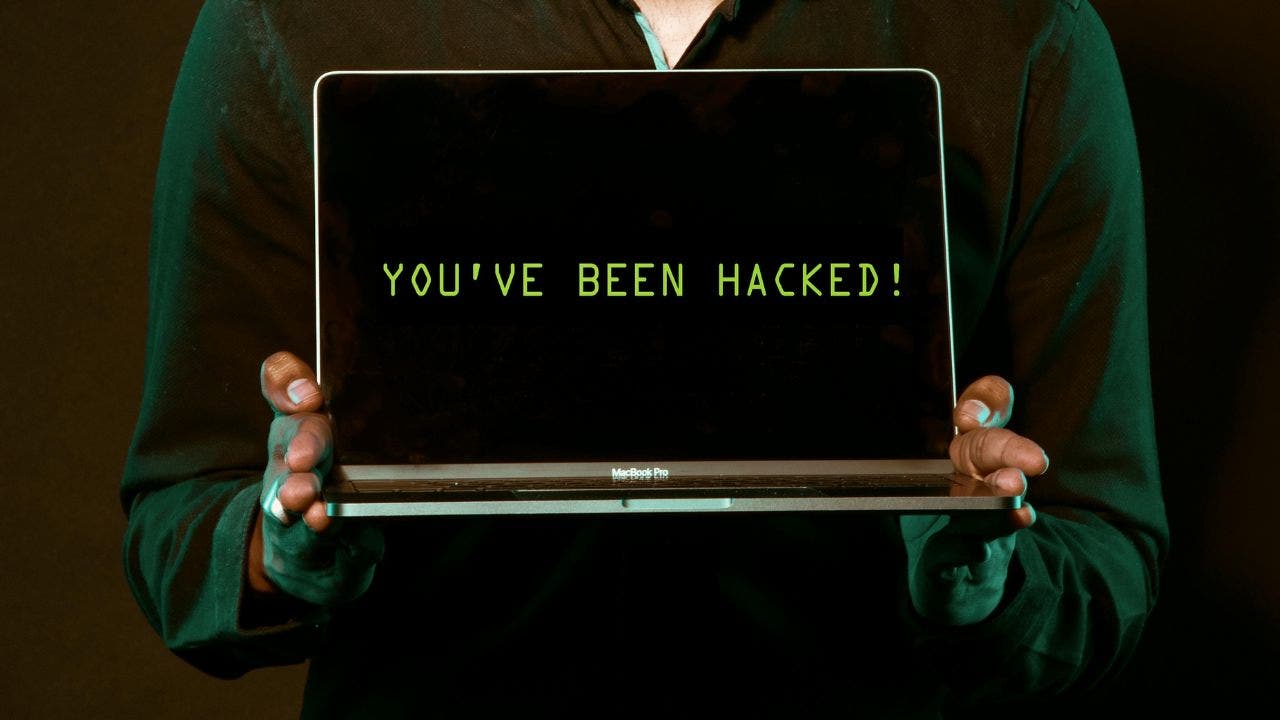Preventing this insidious email forwarding scam that will drain your bank account

The threat of email fraud is becoming increasingly prevalent in our digital world, with cybercriminals using sophisticated tactics to deceive individuals and businesses into transferring funds. Teresa W. recently shared a harrowing experience where she almost lost thousands of dollars through a business email compromise (BEC) scam. Fortunately, her quick action and her banker’s vigilance prevented a significant financial loss.
BEC scams target companies engaged in financial transactions and wire transfers, exploiting human psychology rather than technical vulnerabilities. Hackers gain access to email accounts through phishing attacks or malware, create rules to redirect or hide emails, and impersonate victims to request urgent wire transfers or sensitive information. The consequences of falling victim to these scams can be devastating, leading to financial losses, reputational damage, and legal ramifications.
To protect against BEC scams, businesses must take proactive steps to enhance cybersecurity. This includes using strong antivirus software, implementing unique and complex passwords, enabling two-factor authentication, monitoring accounts for unusual activity, and investing in data removal services to minimize online presence. Regularly updating security questions, reviewing email rules, disabling auto-forwarding, verifying requests, limiting access to financial information, and creating alias email addresses can also help mitigate the risk of falling victim to email fraud.
The story shared by Teresa W. serves as a stark reminder of the vulnerabilities present in digital communications. By implementing robust security measures and maintaining vigilance, individuals and businesses can protect themselves from the threat of email scams. It is essential for businesses and government agencies to continuously assess and improve their cybersecurity protocols to effectively combat the rising threat of email fraud. Stay informed and stay safe in the digital age.




